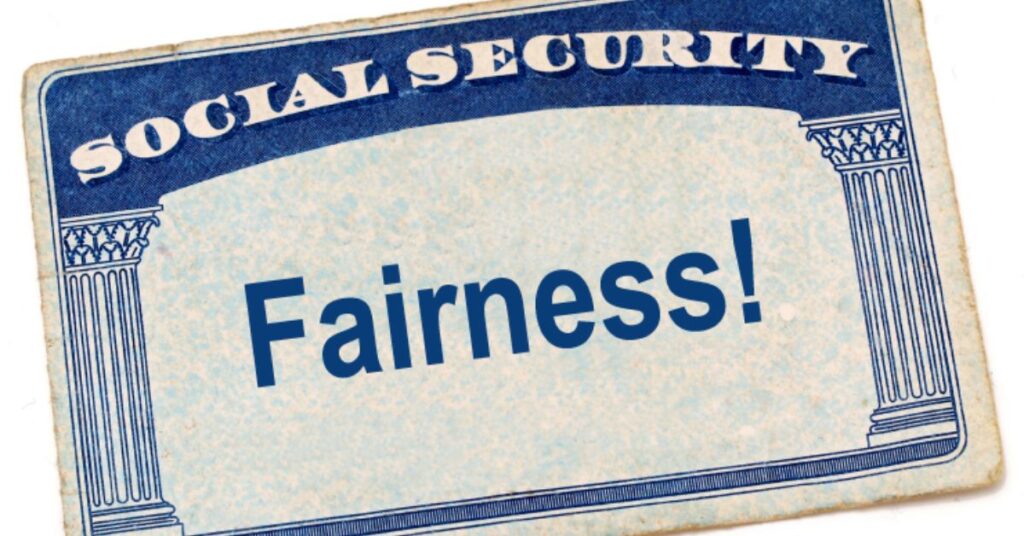The Social Security Fairness Act is a landmark bill aimed at rectifying long-standing inequities in retirement benefits for public sector employees. This legislation has gained significant traction in Congress, sparking debates about its potential impact on millions of Americans.
What is the Social Security Fairness Act?

The Social Security Fairness Act is a proposed law that seeks to eliminate two provisions currently affecting public sector retirees:
- The Windfall Elimination Provision (WEP)
- The Government Pension Offset (GPO)
These provisions have long been criticized for unfairly reducing Social Security benefits for many public servants, including teachers, firefighters, and police officers.
Key Features of the Act:
- Repeal of WEP: This would restore full Social Security benefits to workers who split their careers between public and private sector jobs.
- Elimination of GPO: This change would allow spouses and widows/widowers of public sector employees to receive their full Social Security spousal or survivor benefits.
Who Voted For and Against the Act?
The Social Security Fairness Act (H.R. 82) passed the House of Representatives on November 15, 2024, with a strong bipartisan vote of 327-75. Here’s a breakdown of the voting:
- For: 191 Democrats and 136 Republicans
- Against: 71 Republicans and 4 Democrats
Notable supporters include the bill’s co-sponsors, Republican Rep. Garret Graves of Louisiana and Democratic Rep. Abigail Spanberger of Virginia. The bill garnered widespread support from both parties, reflecting its broad appeal.
However, some fiscal conservatives opposed the bill, citing concerns about its potential impact on Social Security’s long-term solvency. Critics argue that the estimated $196 billion cost over ten years could hasten the depletion of Social Security trust funds.
While the bill’s passage in the House marks a significant milestone, its future in the Senate remains uncertain.
Here’s what to expect:
- Senate Consideration: The bill now moves to the Senate, where it faces a different political landscape.
- Bipartisan Support: With 62 co-sponsors in the Senate, the bill has a good chance of reaching the 60-vote threshold needed to overcome a potential filibuster.
- Fiscal Concerns: Senators will need to grapple with the bill’s financial implications and potential impact on Social Security’s long-term stability.
- Potential Amendments: The Senate may propose changes to address fiscal concerns or other issues, which could lead to further negotiations.
- White House Position: If passed by the Senate, the bill would then go to President Biden for consideration. The administration’s stance on the legislation will be crucial.
The Social Security Fairness Act represents a significant effort to address long-standing inequities in the retirement system.
Its progress through Congress highlights the complex interplay between fiscal responsibility and ensuring fair benefits for public servants.